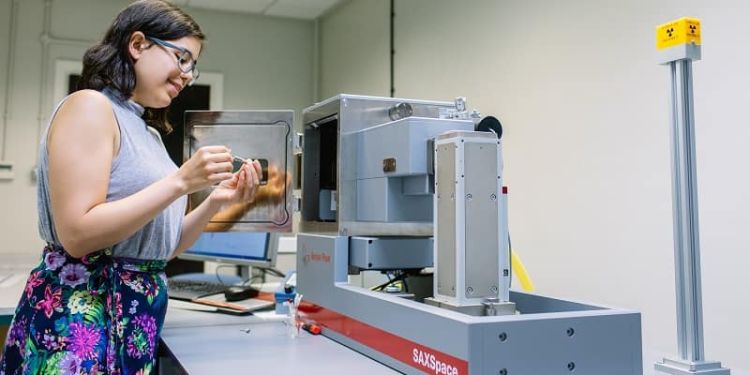Digestion and delivery

We are using cutting edge approaches to understand how the different structures of the food we eat can alter nutrient release during digestion and how the timing and amount of specific compounds can influence health.
In response to the obesity epidemic in the UK, where two thirds of adults and a quarter of children under 10 are now overweight or obese, our research is discovering ways to structure food to have a lower glycemic response or boost protein metabolism, while ensuring the food is just as acceptable to the consumer.
Our perception of texture and taste and the effect of oral processing on the release of nutrients, flavours and aromas are key to our enjoyment of food. We are using a range of methods to explain the effect of lubrication (tribology) on oral processing and perception. Part of our research focusses on understanding the mechanisms of oral release and breakdown in relation to food physics and multi-scale structural re-organisation. With in-depth quantitative understanding of oral processing, we believe we can provide the foundation for designing tailored food, for example, for people with special oral processing needs.
We have developed a number of simulations including the Infogest system of various aspects of digestion from the mouth to the small intestine. These simulations are combined with modern analytical methods such as to GC-MS, LC-MS, microscopy, etc. We also use cell culture and intestinal explants to study the mucosal interactions and absorption of specific molecules. Interactions with the cell membranes can also be simulated through the use of small angle X-ray scattering (SAXS) to investigate the structure, shape and flexibility of lipid membranes with the aim to understand their nanostructural response under different physico-chemical environments.
Further information
View all members of our research group, our research projects and publications.
PhD projects
We have opportunities for prospective postgraduate researchers. Find out more.
Contact us
If you would like to discuss an area of research in more detail please contact the Research Theme lead: Professor Brent Murray

